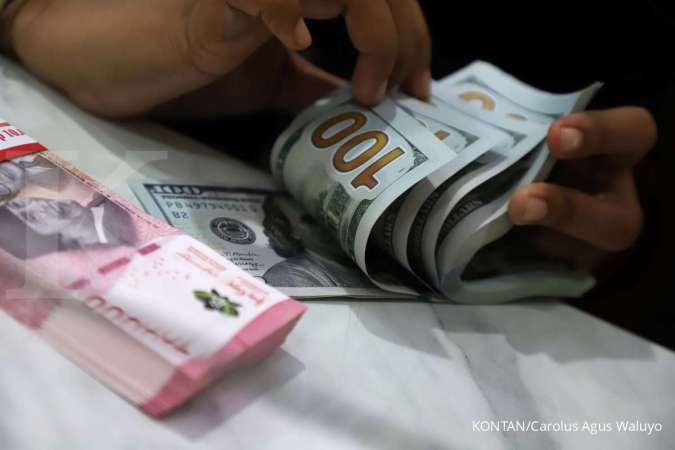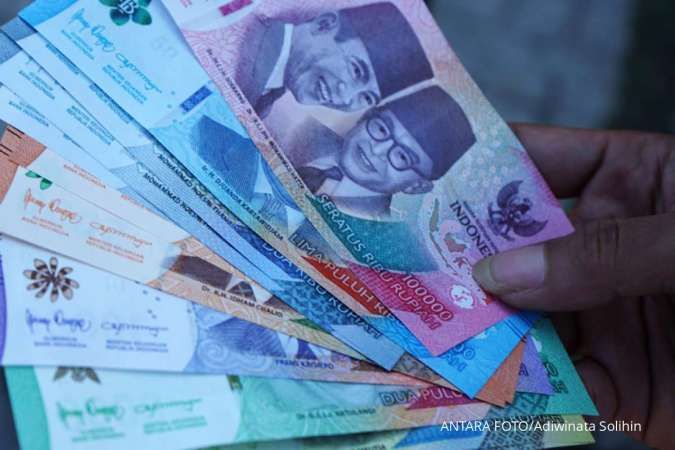RUPIAH - SINGAPORE. The Indonesian rupiah hit a four-year low on Wednesday, as U.S. Federal Reserve officials' comments indicated interest rates could remain elevated for longer than anticipated, bolstering the dollar to the detriment of riskier Asian assets.
The rupiah fell as much as 0.6% to 16,265 per dollar, a level last seen on April 8, 2020.
The Thai baht, however, topped losses, tumbling nearly 1% to its lowest point since Oct. 10. The Philippine peso Once a popular carry-trade currency, Indonesia's high-yielding bond market has lost appeal due to currency volatility and the wafer-thin spreads it offers over dollar markets.
The yield on the benchmark 10-year bond was at 7%, its highest level since Nov. 2.
The rupiah, which has lost more than 5% so far this year, has had a particularly rough time this week as markets reopened from a week-long Eid al-Fitr holiday. On Tuesday, it slid 2.3%, its biggest intra-day fall since March 2020.
Baca Juga: UK Inflation Slows by Less Than Expected to 3.2% in March
The country's central bank has been continuously intervening in the forex market to restrict the rupiah's fall and ensure adequate supply and demand, while market participants are now pricing in the possibility that it would start hiking rates.
"We now forecast the USD/IDR at 16,200 (15,850 previously) in the next 3 months before strengthening modestly to 15,650 in 12 months on anticipation of US rate cuts and some stepping down of Middle East tensions," Lloyd Chan, a forex strategist at MUFG, noted.
Overnight, comments from Fed Chair Jerome Powell signalled monetary policy needs to be restrictive for longer, dismissing any expectations of the U.S. central bank cutting rates in the near term.
The U.S. dollar index - a measure of the greenback against six major rivals - was last at 106.2, marginally below a five-month peak of 106.51 it touched on Tuesday.
The Philippine peso weakened past the 57 level against the dollar, despite the central bank hinting that it is not in a hurry to ease policy rates. It now expects its first rate cut will likely happen in the fourth quarter of 2024 or the first quarter of next year.
In Thailand, the baht has been hurt by deepening economic weakness, the country's high exposure to rising freight costs, and the potential for rate cuts.
Bucking the trend, the South Korean won advanced as much as 0.9%, after the country's finance ministry said it was ready to deploy measures to stabilise excessive volatility.
Equities in Southeast Asia were largely mixed, with shares in Shanghai gaining nearly 2% and Taipei adding 1.6%. Stocks in Bangkok and Seoul lost 2.1% and 1%, respectively.
Related News
/2024/04/03/1890807289p.jpg)















